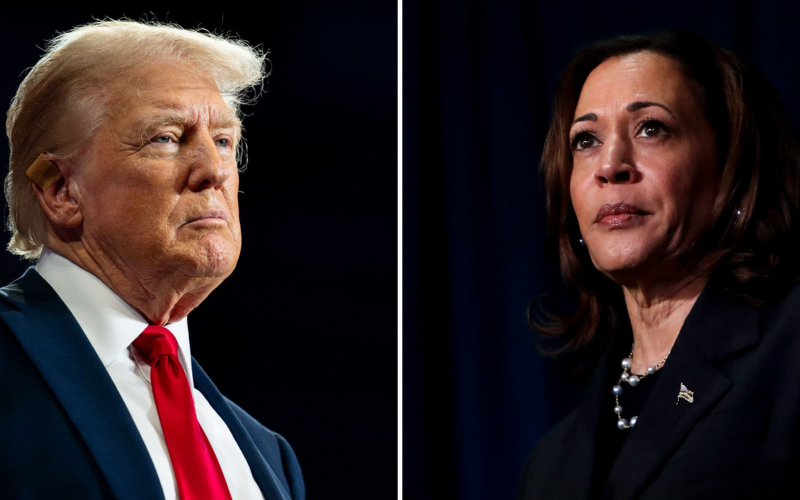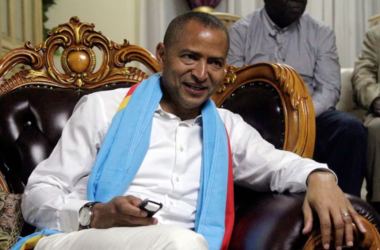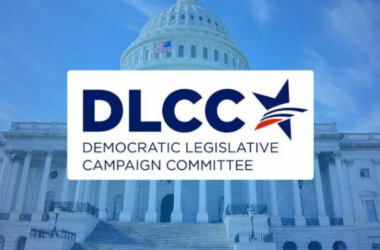As Vice President Kamala Harris steps into the spotlight as the Democratic presidential nominee, former President Donald Trump and his allies are intensifying efforts to shape public perception of her candidacy. The GOP’s strategy, which Trump has described as a response to what he calls a “Democratic coup,” centers on defining Harris as a dangerously liberal figure whose policies could threaten the nation’s future.
During an interview with Laura Ingraham, Trump did not mince words, accusing Democrats of staging a coup to oust President Joe Biden from the race. “They staged a coup against the President of the United States,” Trump said. He argued that Biden, facing poor poll numbers, was forced out in favor of Harris, who he claims was unfairly elevated without facing primary challenges from other prominent Democrats.
This narrative is gaining traction among Republican circles, particularly as they grapple with the sudden shift from running against Biden, a familiar opponent, to taking on Harris, a candidate who many believe remains undefined in the public eye. J.D. Vance, a Republican senator from Ohio, highlighted this challenge in a candid conversation with donors, admitting that “people don’t really know” Kamala Harris and that her candidacy presents a unique set of challenges for the GOP.
Vance pointed out that while Harris does not carry the same political baggage as Biden, her lack of a well-established image could make it more difficult for Republicans to effectively campaign against her. This sentiment underscores the importance of the GOP’s current efforts to quickly and decisively define Harris in the eyes of voters.
In his first ad since securing the Republican nomination, Trump wasted no time in targeting Harris. The ad, which is airing in key battleground states, directly blames Harris for the ongoing crisis at the southern border, branding her as “Failed. Weak. Dangerously liberal.” This messaging is clearly aimed at painting Harris as an extremist who poses a risk to American values and security.
Meanwhile, Vance has faced his own share of controversy, as past statements of his have resurfaced. His comments about the societal impact of childlessness and his critique of America’s leadership class have drawn media attention. However, many in the Republican camp argue that the mainstream press is giving Harris a pass on her ultra-liberal past, including her support for a bail fund during the 2020 BLM protests, while focusing disproportionately on Vance’s remarks.
In the broader context of the campaign, Trump has continued to attack Harris on various fronts, including her demeanor and public persona. He recently mocked Harris for what he described as a “crazy laugh,” suggesting it was a sign of instability. These personal attacks, combined with policy critiques, indicate that the upcoming campaign will likely be as contentious as it is pivotal.
As the election draws nearer, Republicans are keenly aware that the battle to define Harris over the coming weeks will be crucial. With less than 100 days until the election, both sides are preparing for a high-stakes campaign that promises to be as heated as it is consequential. The GOP’s ability to frame Harris in a way that resonates with voters could be a determining factor in the outcome of the race.








